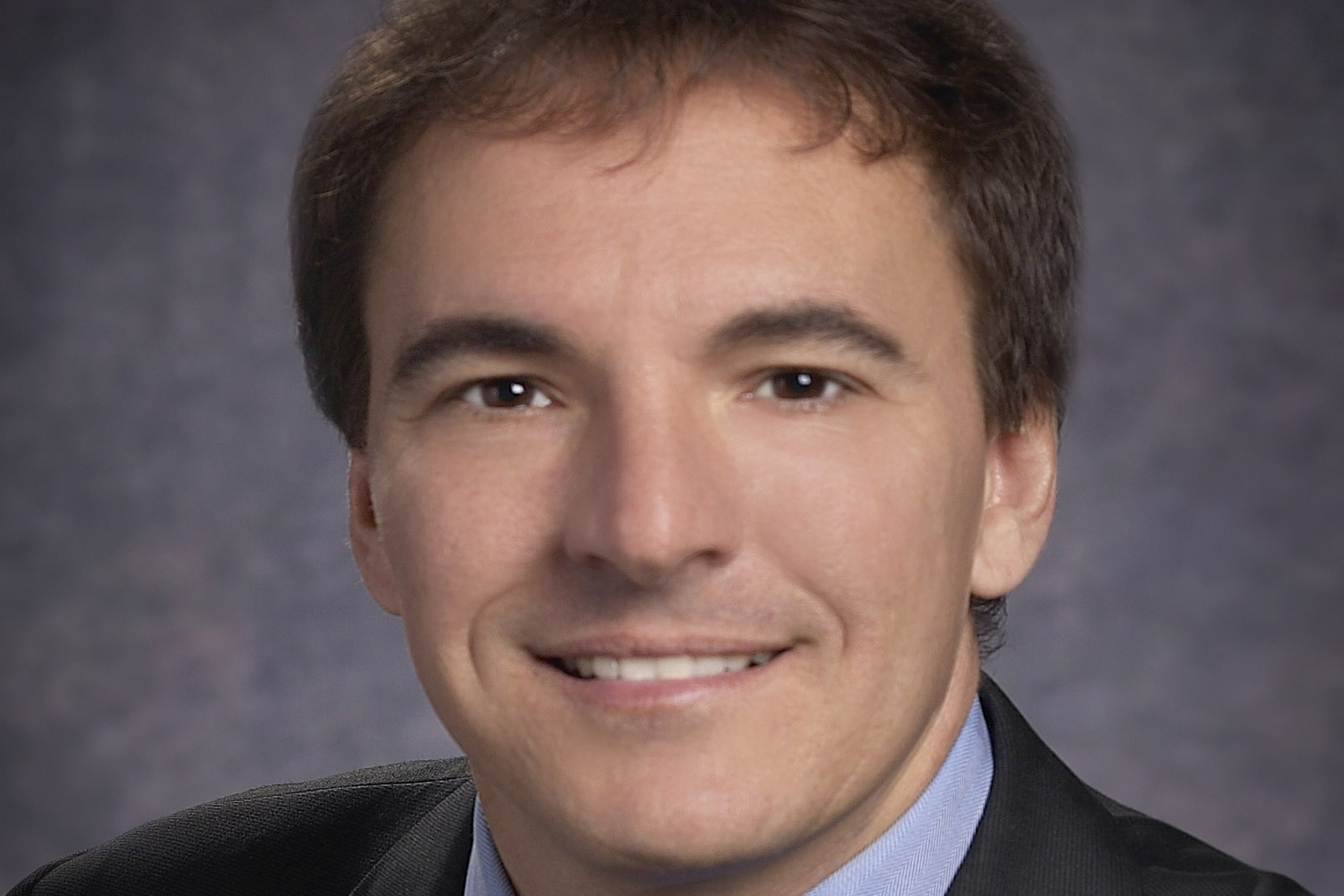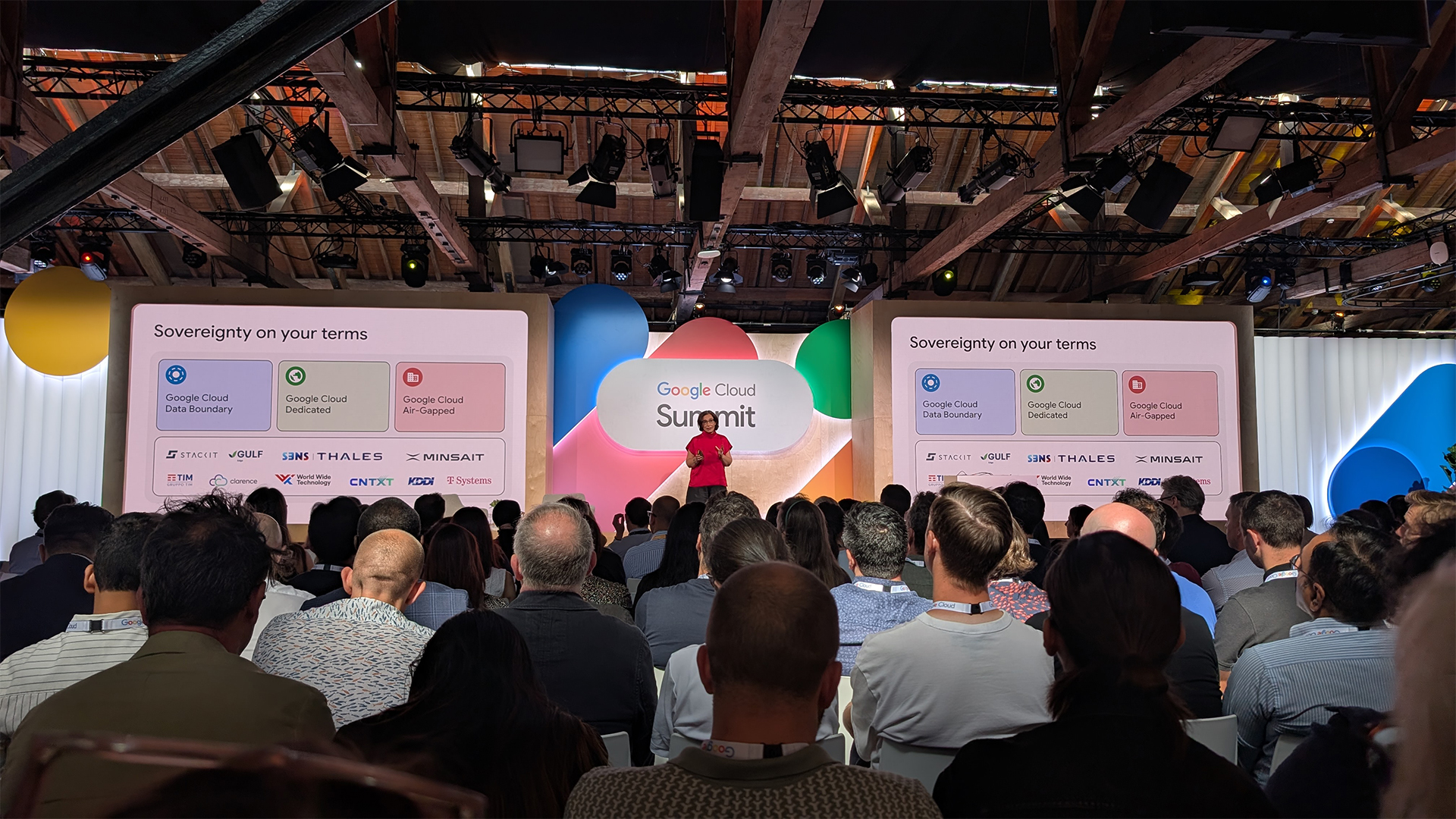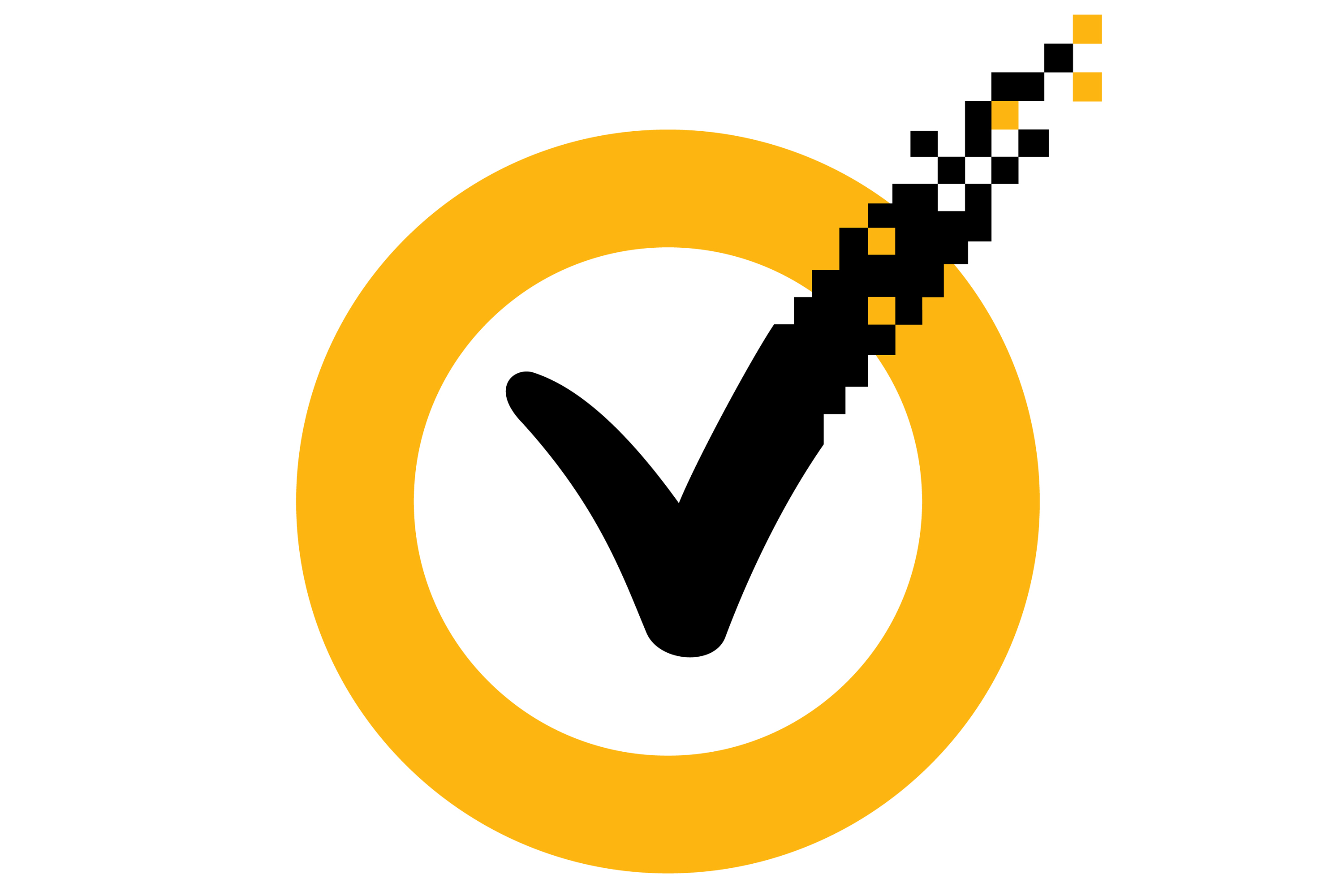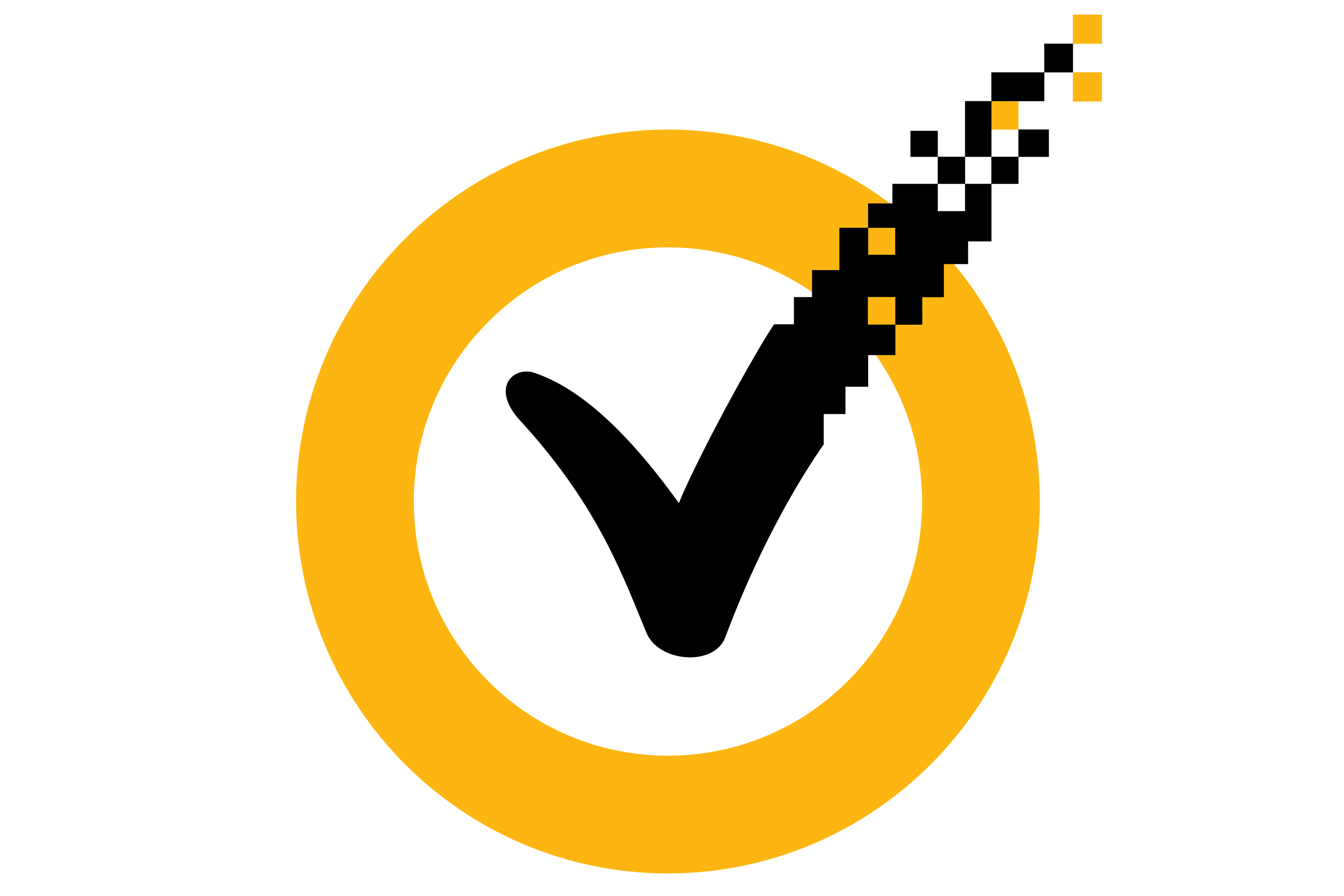Q&A: Barracuda CEO Dean Drako on cloud, the future and more
We spoke to Barracuda CEO Dean Drako about cloud computing, virtualisation and plans to move his company forward.


People want to simplify and simplify in any way they can. People don't want to buy half a solution, they want to buy a complete solution.
If you want to do proper backup with Symantec, for example, it takes six vendors. You've got to buy the back-up software form Symantec, you've got to buy the deduplication software from somebody else, you've got to buy the disk drives from somebody, you've got to buy the operating system from somebody, you've got to buy the hardware that you're going to run it on from somebody else and then you've got to pay somebody for off-site storage.
You've got six vendors that you've got to glue together with the Barracuda back-up you get all of that from on company. How much easier to you think that is?
We know Barracuda is a great supporter of open source. What do you do with open source and what are its benefits for you?
We support it with money and we donate a lot of code. The products all have open source in them and you can't build a product today without using some open source.
It's got some definite advantages. We save a lot of work in many cases. We have a product which we haven't announced yet called Cudatel and it's a phone system, we're entering into the phone business. And a huge portion of that project is all open source, so it's a project that competes with Asterisk.
So what was behind the decision to move into IP phone system business?
Sign up today and you will receive a free copy of our Future Focus 2025 report - the leading guidance on AI, cybersecurity and other IT challenges as per 700+ senior executives
There are really two motivations. One is I got fed up with my existing phone system, and two the pricing model for phone systems is egregious.
Those are the two reasons, because it's all about per-user licensing fees and it's just too expensive for what you get. So we have a phone system which doesn't have any per-user license fees. It's just a lot easier, its much easier to set up and use, and it does everything it does options, add-ons and all the crazy complexity that the phone guys are using.
You buy a phone system now... it's really hard to buy a phone because it's so much for the box and so much for the software and so much for each phone. You need a license for each phone and then if you want to voicemail it's extra and if you want call forwarding it's extra. By the time you're done, it's too complicated.
So we think there is an opportunity. It's six months to a year [from worldwide release]. We're selling it in the US already.
It's potentially revolutionary.
Tom Brewster is currently an associate editor at Forbes and an award-winning journalist who covers cyber security, surveillance, and privacy. Starting his career at ITPro as a staff writer and working up to a senior staff writer role, Tom has been covering the tech industry for more than ten years and is considered one of the leading journalists in his specialism.
He is a proud alum of the University of Sheffield where he secured an undergraduate degree in English Literature before undertaking a certification from General Assembly in web development.
-
 Google Cloud announces new data residency flexibility for UK firms, accelerator for regional startups
Google Cloud announces new data residency flexibility for UK firms, accelerator for regional startupsNews UK-specific controls and support for up and coming AI firms is central to Google Cloud’s UK strategy
-
 Workers are covering up cyber attacks for fear of reprisal – here’s why that’s a huge problem
Workers are covering up cyber attacks for fear of reprisal – here’s why that’s a huge problemNews More than one-third of office workers say they wouldn’t tell their cybersecurity team if they thought they had been the victim of a cyber attack.
-
 Symantec 03 cloud security platform launched
Symantec 03 cloud security platform launchedNews The new platform – Symantec O3 – vows to protect cloud apps and infrastructure.
-
 Talking tech and business with James Caan and Symantec
Talking tech and business with James Caan and SymantecIn-depth We chat with former Dragon's Den presenter James Caan and Symantec's small business expert Ross Walker about technology, business and security.
-
 Symantec shifts Backup Exec to the cloud
Symantec shifts Backup Exec to the cloudNews Backup Exec gets new delivery models, with the option to get solutions over the cloud.
-
 Symantec Hosted Endpoint Protection launched in UK
Symantec Hosted Endpoint Protection launched in UKNews Symantec's Hosted Endpoint Protection product has been launched in the UK, specifically targeting smaller businesses.
-
 Symantec focuses on deduplication with new products
Symantec focuses on deduplication with new productsNews Security firm Symantec has updated its storage software to include all types of deduplication for all sizes of business.
-
 Web 2.0 and virtualisation top poll of IT security priorities
Web 2.0 and virtualisation top poll of IT security prioritiesNews The majority of Black Hat conference attendees point to web services and virtualisation as their key security considerations, along with 'whitelisting' more trusted sites and applications.
